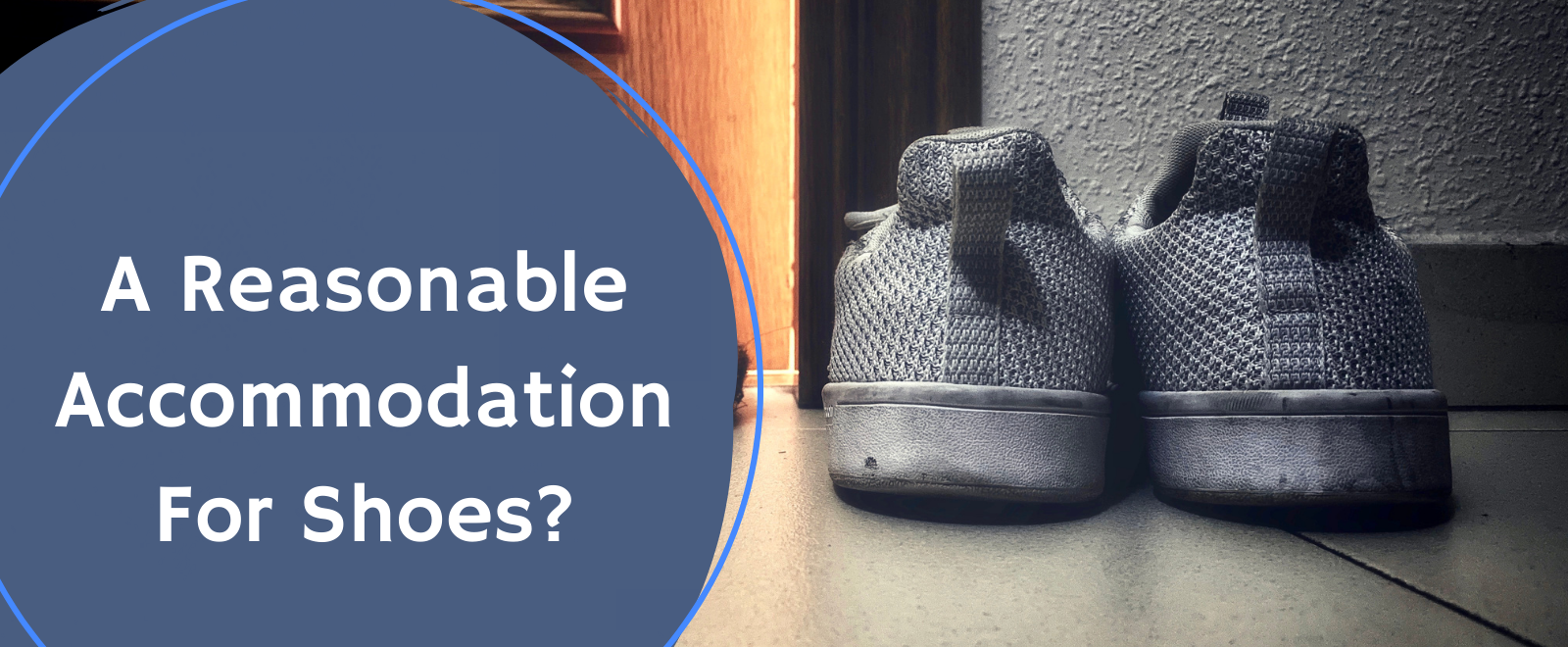A Case Regarding Disability Discrimination
Overview:
On December 10, 2021, the court entered the consent order resolving this Fair Housing Act lawsuit alleging that the defendant, Links South, discriminated because of disability. The complaint alleged, based on an “election” referral from the Department of Housing and Urban Development, that Links South failed to grant a reasonable accommodation to Mr. Charlie Burge, who has been diagnosed with upper respiratory disabilities stemming from his having spent 18 months with the New York City Department of Sanitation clearing debris from the World Trade Center site following the attacks on 9/11. Because of his disabilities, Mr. Burge had a practice of removing his shoes before entering his condominium and placing them outside his front door to avoid tracking allergens inside his unit and aggravating his disabilities. Links South issued Mr. Burge rule violation notices, and Mr. Burge, through his counsel, sent a letter to Links South requesting a reasonable accommodation that would allow him to leave his shoes outside his front door. Despite receiving this request and supporting medical documentation, Links South constructively denied Mr. Burge’s request by repeatedly asking for more information and questioning the nexus between Mr. Burge’s disability and his need to leave his shoes outside his unit. Under the consent order, the defendant will pay Mr. Burge $40,000, grant Mr. Burge’s reasonable accommodation request, adopt a non-discrimination policy and a reasonable accommodation policy, undergo training, and submit periodic reports to the government.
Case Open Date: Friday, October 8, 2021
Case Name: United States v. The Links South at Harbour Village Condominiums Association, Inc. (M.D. Fla.)
Topic: Civil Rights
Tags: 6:21-cv-01682; Fair Housing Act; aggrieved persons; retired superintendent; Department of Sanitation; World Trade Center; Stanten Island; PTSD; post-traumatic stress disorder; melanoma; esophageal; sleep apnea; chronic sinusitis
Industry Code: None
Component: Civil Rights Division
Civil Rights – Housing and Civil Enforcement Section
Case Documents: Complaint – United States v. The Links South at Harbour Village Condominiums Association, Inc. (M.D. Fla.)
Consent Decree – United States v. The Links South at Harbour Village Condominium Association Inc. (M.D. Fla.)
Comments:
This case centers around verification, the lengths that a housing provider may go to confirm a disability, and a nexus between the disability and the requested accommodation. While there is no question that a housing provider has the right to verify this information where it is not otherwise obvious or apparent (which was clearly the case here), there are limits as to how much and what type of information is sought.
In this case, Plaintiff initially produced multiple documents, including two letters from healthcare providers addressing the diagnosis and the concern about shoes, a study on shoe-borne pathogens, and a letter from the World Trade Center Health program. However, the housing provider allegedly responded by requesting to inspect and photograph the unit, copies of medical records, prescriptions, and test results, and peer-reviewed articles. Although most of these alleged requests are well outside of what is permitted under the Fair Housing Act for verification purposes, the Plaintiffs produced these documents. The housing provider still did not acknowledge a connection between Plaintiff’s disability and the need to store his shoes outside.
Only one alternative solution was proposed by the housing provider – a sealed container inside the door to store shoes; however, Plaintiff’s healthcare provider explained why a sealed container would not work. It may have been a good idea to propose other ideas, but instead, the housing provider allegedly denied the request.
It is certainly permitted (and recommended!) that housing providers ask more than one or two questions during verification; however, any inquiries must be limited to only those that are relevant to the disability status and the connection between the disability and the accommodation. Medical records or test results can never be a part of that inquiry. Once a resident has provided enough information to reasonably establish those two questions, the verification process should end. Clearly, there are gray areas in how far verification questions may reach depending on the circumstances, so a housing provider must decide whether it is worth the risk to push back, or whether approval would make more sense from a business perspective. Clearly the housing provider, in this case, felt that the shoes were worth the risk of legal action, although in hindsight he probably should have consulted a fair housing attorney.

